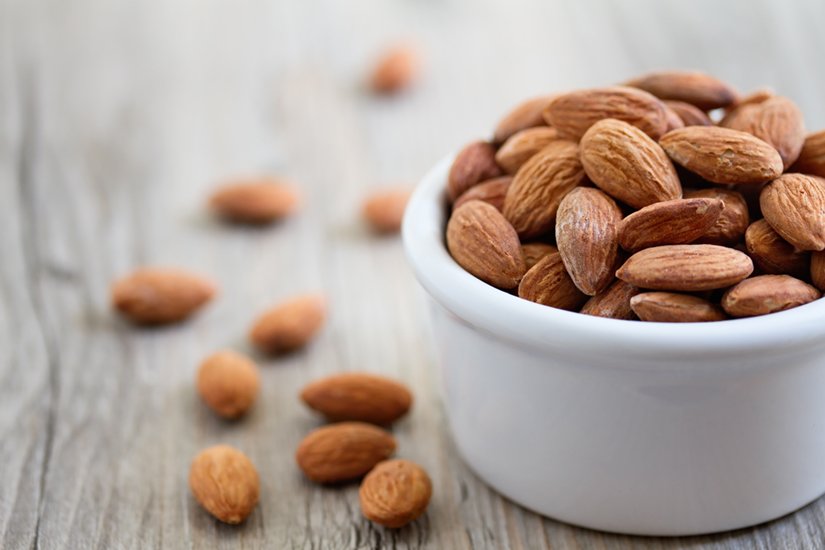An “anti-nutrient” in plant seeds, roots, and bran might have a big impact on the health of your teeth. Phytic acid, a compound in grains, greatly affects the way your body absorbs other nutrients your teeth need.
Phytic acid foods are all plant-based, so you may be getting more of it than you think at first. Oddly, it functions as an antioxidant. However, when it binds to nearby minerals, the compound causes those minerals to pass through your digestive system without being absorbed.
These mineral + phytic acid compounds are known as phytate. (1)
Still feel like we haven’t really answered the question, “Is phytic acid good or bad?” Not sure why it could be is bad for your teeth?
I’ll break it all down for you. Let me give you two key points to remember as you read:
- Phytic acid can be bad for teeth because it impairs the absorption of calcium, magnesium, and phosphorus. These are all important to your dental health.
- There are ways to reduce your intake and to make sure you don’t get phytic acid tooth decay.
What is Phytic Acid?
Technically speaking, phytate is: (2)
“A salt or ester of phytic acid, occurring in plants, especially cereal grains, that are capable of forming insoluble complexes with calcium, zinc, iron, and other nutrients and interfering with their absorption by the body.”
Phytic acid is also known as inositol hexaphosphate (IP6) or phytate as a salt. Grains and seeds use this nutrient to store phosphorus in their cells. (3)
Let’s simplify that.
Phytate decreases your body’s ability to absorb certain minerals. But, it only does this while you’re eating foods it’s found in. That’s good news and bad news. On one hand, you can eat a nutrient-rich meal free of phytic acid foods and you’ll absorb all the nutrients you eat, even if you had some nuts earlier in the day.
However, there are useful nutrients in many phytic acid foods that you miss out on—unless you learn how to reduce phytic acid content.
Apart from its negative effects, phytic acid is a useful antioxidant. One scientific review found that it might help: (4)
- Kill cancer cells
- Reduce diabetes symptoms
- Improve heart disease
- Reduce kidney stones
- Fight heavy metal toxicity
- Treat HIV-1
Phytate molecules are the energy source some plants use while they grow. When you eat phytic acid foods, your body produces an enzyme called phytase to break these bonds and get more of the nutrients.
What nutrients does phytic acid stop me from absorbing?
The nutrients phytic acid most commonly binds to are:
- Calcium
- Zinc
- Iron
- Copper
- Phosphorus
- Magnesium
- Vitamin B3 (niacin)
The human body, however, still needs phytate. When you’re healthy and eating a good diet, your digestive system will hold onto phytate compounds or excrete them to stay balanced.
Phytic acid also inhibits the body’s ability to digest starches, proteins, and fats. This happens because it blocks enzymes we need to digest our food. These include: (5)
- Pepsin, which breaks down protein
- Amylases, which converts starch into sugar for digestion
- Trypsin, which is also used in protein digestion
There are other anti-nutrients that can stop your body from absorbing important nutrients. Some of

